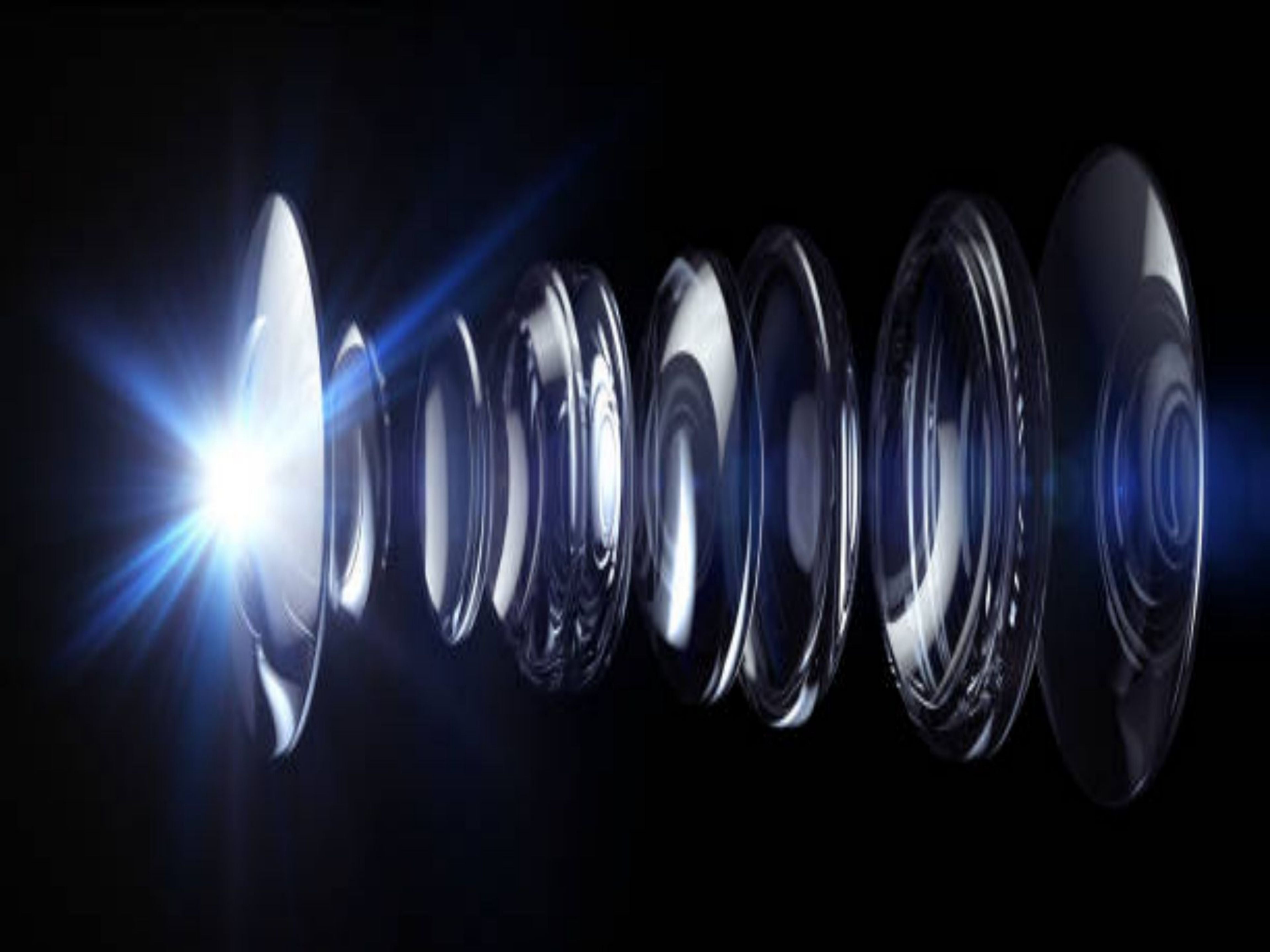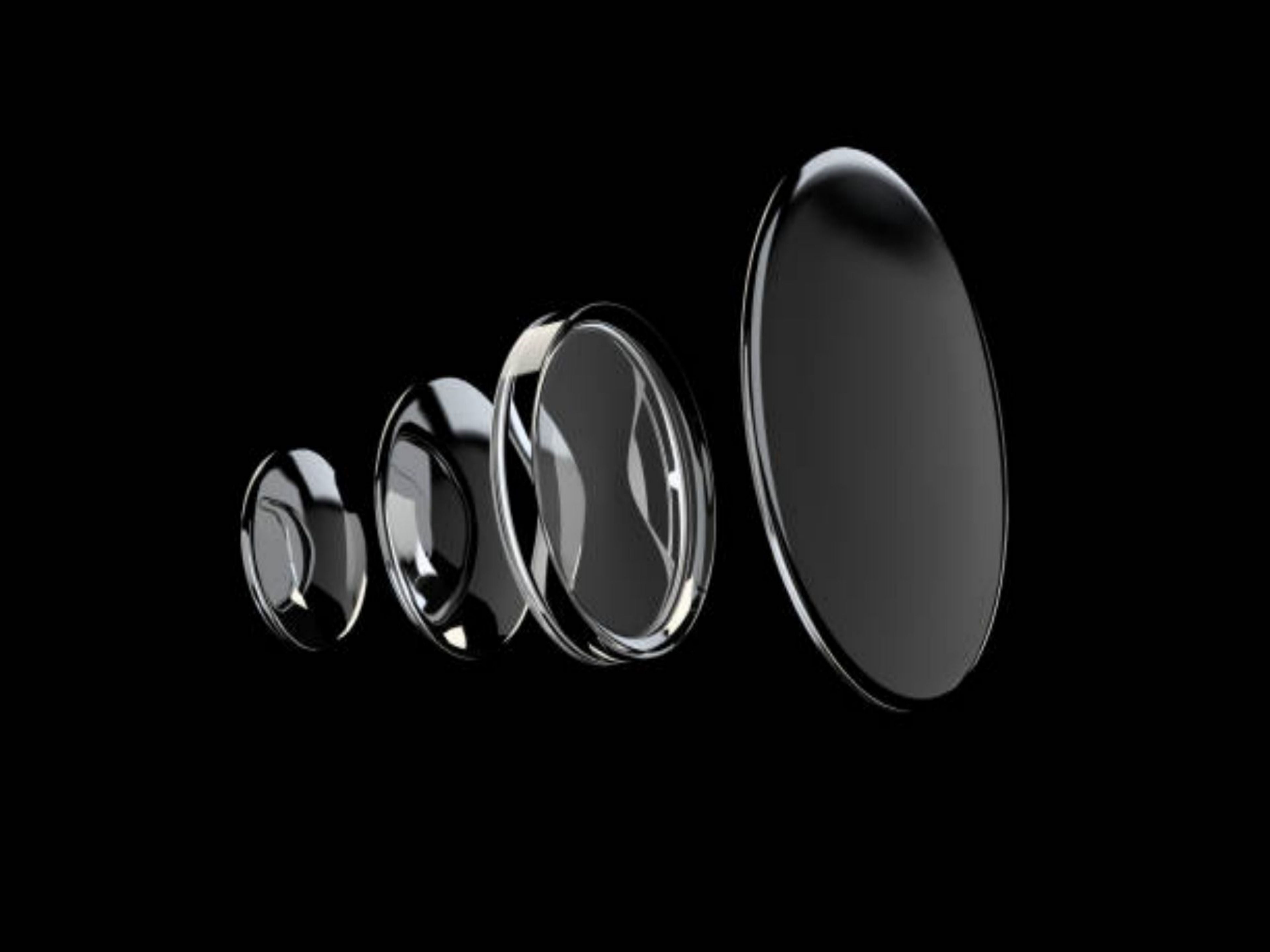What are the advantages of lens coating
Coated lenses (filters) can reduce the reflected light on the surface of the lens, see objects clearly, reduce the specular reflection light, increase the light transmittance, and also solve the problem of wearing glasses to take pictures under strong light, and increase the beauty. Coated glasses can prevent ultraviolet, infrared and X-ray damage to vision. Wearing coated glasses is not easy to fatigue. The vision of the staff in front of the screen can be protected.
Coated resin lenses should not only avoid scratching and high temperature, but also avoid corrosion such as acid fumes. For example, it is best not to wear mirrors when cooking in daily life, especially when the ventilation is poor and the fumes are large; at the same time, do not wear (bring) mirrors. When entering (near) a hot shower environment, the lens should be convexly facing upwards when temporarily placed, and the glasses should be put into the box when carrying them with you, and do not put them in a pocket or bag, as it is easy to scratch the film.

Lens material classification
Glass lenses include optical glass lenses and high-refractive index lenses (usually called ultra-thin filters), which have high hardness and good wear resistance. Generally, their quality and various parameters will not change with time, but glass lenses. The impact resistance and weight of lenses are slightly inferior to resin lenses.
Resin lenses are generally much lighter than glass lenses, and their impact resistance is better than that of glass lenses. Due to their soft characteristics, resin lenses and coated lenses should be careful not to let the mirror surface directly touch hard objects. When scrubbing, it is best to wash with water (or mixed with a small amount of detergent), and then use a special test cloth or high-quality cotton paper. Blot the water droplets from the spectacle lenses. In addition, coated lenses should be used with caution in places with poor environmental conditions, so as not to be stained with dirt and difficult to clean.
PC lenses: high refractive index, firm, but easy to wear. Most of them are used for children's eyeglasses, frameless assemblies or athletes' goggles.
Spherical lenses and aspherical lenses
The traditional spherical lens, not only the lens is thick, but also the phenomenon of distortion and deformation occurs when looking through the periphery of the lens, which is called aberration. By observing the wearer through the spherical lens, the deformation of the facial contour can also be clearly found. Aspherical lenses not only reduce the thickness of the center and edge of the lens, but also make the lens thinner, eliminate peripheral aberrations, and give the wearer natural vision. For consumers with high visual acuity, it may be more appropriate to choose aspherical lenses.

Compared with the spherical surface of the same material and the same degree, the aspherical lens is flatter, thinner, more realistic, more natural and comfortable. If you look at the shape of the lens coating against the lamp tube, the lamp tube reflected by the aspherical lens is generally straight (except for the high diopter lens); while the spherical lens has a large curvature of the lamp tube shape due to the different curvature of the surface.
How long does the lens last?
If the lens has no scratches, can it be used all the time? The answer is no. Resin lenses are processed by liquefying monomers at high temperature or by curing with ultraviolet light. As the service cycle becomes longer and the environment and temperature change, the film on the surface of the lens and the material of the lens itself will undergo physical changes, and the film will appear under the microscope. It has become uneven, and the local luminosity of the material itself has been different from the time of fitting, resulting in light scattering and reduced comfort. Long-term use will cause dry and swollen eyes. At this time, it is necessary to replace the lens. Time Probably around 2 to 3 years.
Dongguan Xiangshun Optics Co., Ltd. (www.ledlensxs.com) has been committed to the R&D, production, and sales of COB lenses and LED optical lenses since its establishment in 2001. The company has a special optical design department and has independently developed and designed a variety of models. Lenses, including commercial lighting lenses, LED flood light lenses, Downlight lenses ,flashlighting lens etc., meet the lighting needs of roads, factories, tunnels, offices, and other occasions.
